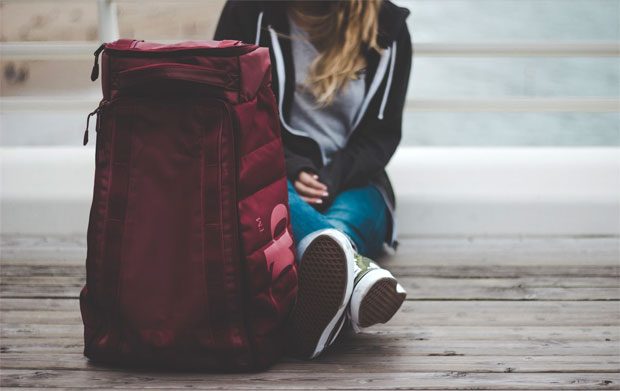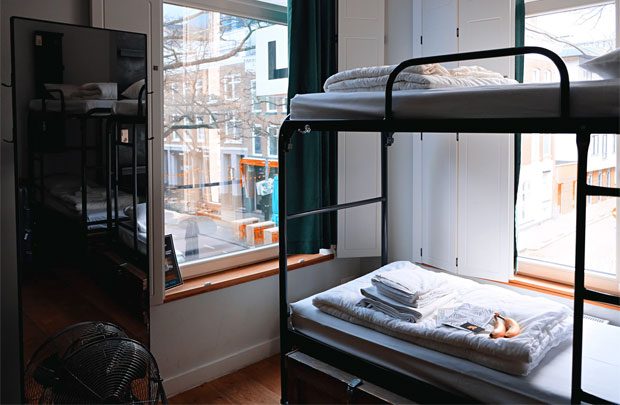How to Prepare for a Residential Treatment Program
Getting Your Life Back Together: 5 Tips to Help You Prepare for a Residential Treatment Program
Starting on the path to recovery can be intimidating and overwhelming. After choosing a 28 day treatment program that best suits your needs, you come to the understanding that you will have to be away from your home, job, and other responsibilities as you focus on your treatment. You will need to make arrangements for your pets, children, home, and any other responsibilities you may have.
To help you make the transition and give the best chances of success in completing your self-help program, follow these five steps:
1. Tie up all loose ends before leaving
When in treatment, you need to focus 100% on your recovery, and that means making sure that anything that could distract you is taken care of. Have someone you trust to pay your bills and keep an eye on your home, or set up automatic bill payments. You may need to put pets in a kennel or leave them with friends or family. If you are currently working, many businesses have plans in place to help employees through this difficult time. Discuss with your HR representative what your company needs from you so they can provide you with short-term or long-term disability payments.
2. Know what you can (and can’t) bring
Get in touch with your rehab facility so you can get a clearer understanding of what you can and can’t have with you. You don’t want to accidentally bring anything with you that could have you kicked out of the program early. Remember, you are not the only person in the facility, which means that the triggers of others need to be taken into account. For this reason, most facilities will not permit you to bring things like mouthwash, aftershave, or cleaning products.
3. Learn everything you can about your facility
Don’t be afraid to contact the rehab treatment center before you go to get a clearer picture of the place you will be calling home for the next month.
Ask about what type of clothing you should bring, amenities on-site if you will have a roommate, and what you should expect your daily environment to be like.
4. Rid your personal space of triggers before you go
To give yourself the best chance of success, rid your home of anything that may cause you to relapse when you get back. This means getting rid of all substances, alcohol, and paraphernalia that may make you think of using again. Anything that may tempt you should be cleansed from you so that you leave rehab ready to take on the world.
5. Talk to those who have succeeded
Those who have already bring to rehab can offer you a lot of valuable knowledge. If you don’t personally know anyone who has gone, or you don’t want to bring it up with people you know, join an AA or NA group. These groups can be rich with supportive people who’ve had many of the same experiences as you and are going through the same trials and tribulations. Having a strong support system in place will give you a much better chance of succeeding in your sobriety.
Guest Article. Contains sponsored links.








